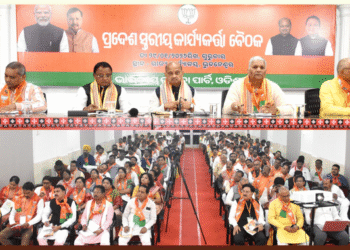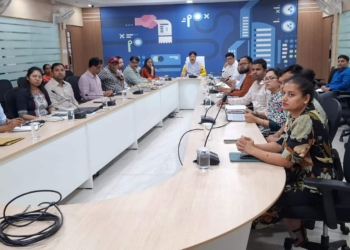In a major legal move, Elon Musk’s social media platform X (formerly Twitter) has filed a lawsuit against the Indian government in the Karnataka High Court, challenging what it calls “unlawful censorship orders” issued under Section 79(3)(b) of the IT Act and the newly introduced Sahyog Portal.
According to sources, X has accused the government of forcing the platform to block or remove content without providing clear reasons or following due process. The company argued that these takedown requests violate constitutional rights to free speech and expression guaranteed under Article 19(1)(a).
Allegations of Overreach
The petition claims that the Sahyog Portal, designed as a centralized system for content takedown requests, is being misused for mass censorship, compelling X to block posts, accounts, and even entire topics deemed “critical” of the government.
X further alleges that many of these requests were vague, overly broad, or lacked legal backing, pushing the platform into a difficult position of either facing penalties or compromising its commitment to free speech.
Background
Under Section 79(3)(b) of the IT Act, intermediaries like X are required to act on government orders to block content. However, X contends that the government’s increasing demands bypass judicial oversight and are growing more arbitrary.
This is not the first time X has locked horns with Indian authorities. In recent years, the platform has faced pressure over posts related to farmers’ protests, political dissent, and religious issues.
What’s Next?
The Karnataka High Court is expected to hear the case soon. The outcome could have far-reaching implications for free speech, internet governance, and social media operations in India, especially ahead of the 2024 general elections.





























